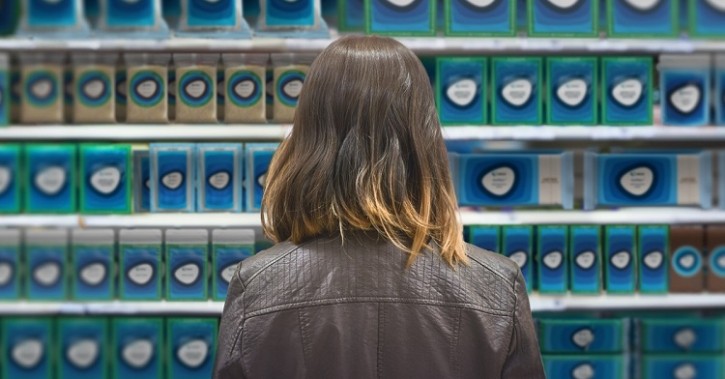Private label products growing in popularity due to price, quality and sustainability, research shows

Based on responses from 3000 shoppers from France, Germany, Italy, Poland, the Netherlands and the UK, the report shows the overwhelming popularity of private label products within Europe.
In fact, 70% of consumers assessed regularly buy private label, with 50% of these planning to continue because of their satisfaction with the products’ quality.
Striving to save
The cost-of-living crisis plays a crucial role in these trends. In fact, 85% of those assessed who buy private label products do so because of price, with 48% stressing that ‘promotions’ were a factor in their choices.
However, quality was also a significant part of private labels’ appeal. Many found that private label products had ‘better taste’ than branded products, with 51% saying they don’t see a difference in the quality of private label and branded products.
Furthermore, 40% of respondents used ‘cleaner ingredients’ as a justification for a pivot towards private labels.
“While the research confirms that the price of private-label items impacts grocery shoppers’ purchasing decisions in the current economic climate, quality is still a crucial factor influencing consumers’ buying journey,” said Madalina Mitru, Strategic Marketing & Value Chain Manager at Amcor.
“Taste, quality, and origin are all still important when consumers are making purchasing decisions.”
Sustainability and locality
Many consumers also expressed approval of private labels because of their ‘local production’. This was linked to concerns about sustainability, with 42% of consumers seeing products produced locally as made with greater concern around being sustainable.
Furthermore, 34% of consumers said that they have seen progress in areas such as ‘food waste reduction’, ‘less excessive packaging’, and ‘more sustainable packaging’ when it comes to private label products.
Packaging concerns also played a key role in consumer attitudes to private label products. Many of the consumers assessed said that ‘paper packaging’, ‘recyclable packaging’, ‘less packaging’ and ‘less plastic’ were among what drove them to buy more private label products.
Overall, 28% of consumers stated that the sustainability of packaging drove them to buy private label products.
“We see a growing shift towards eco-conscious grocery shopping for both private-label and branded products,” Mitru added.
“Consumers increasingly expect their preferred products to demonstrate how they are improving sustainability. Retailers and brands can adopt more sustainable packaging to help retain customers and demonstrate their continued commitment to driving circularity and reducing their carbon footprint.”
However, 35% of consumers believe that manufacturers still need to make more effort to cut down on excessive packaging, with 33% stating that more effort must be made to incorporate sustainable packaging into products.

















